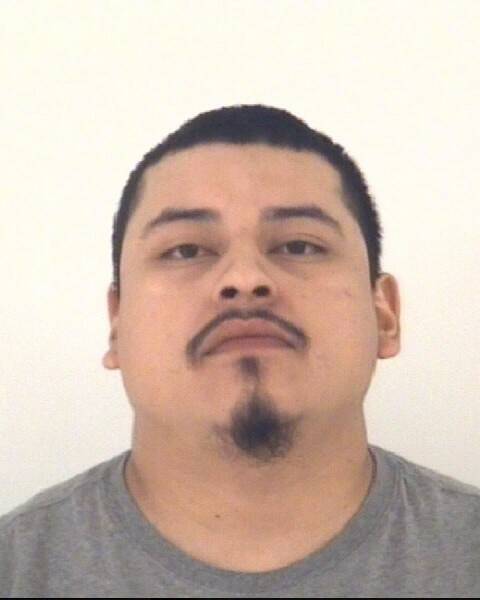A victim in what was originally a case of criminal confinement and battery walked back a number of her earlier claims during the sentencing hearing of her boyfriend.
Kenny N. Barrera, 26, of Indianapolis could have received more than 16 years in prison if found guilty of the original charge of criminal confinement as a Level 3 felony. Instead he accepted a plea agreement in Bartholomew Circuit Court that allowed him to plead guilty to criminal confinement as a Level 6 felony. The prosecution also agreed to drop misdemeanor charges of domestic battery and possession of paraphernalia in exchange for the guilty plea.
After hearing the victim deny her earlier allegations contained in a police report, Judge Kelly Benjamin sentenced Barrera to one-and-a-half years probation to be served in a Community Corrections program.
In the early morning hours of May 26, 2003, Barrera went to the apartment of his girlfriend on S. Gladstone Avenue twice, according to a probable cause affidavit. He had been staying with her briefly while he was closing on the purchase of his own home. E911 dispatchers could hear much of what was being said because of an open line in the apartment, the court document states.
After explaining he was intoxicated at the time, Barrera testified he was upset his girlfriend went to a concert with a friend, rather than be with him during the house closing. The girlfriend sent a coded message to another woman that suggested she had reason to be in fear. That prompted the other woman to call police, according to the affidavit. The victim would later tell police Barerra was holding a knife while making threatening remarks, the affidavit states.
After Barerra left, he sent the girlfriend a text message that essentially stated he regretted not killing her, according to the court document.
He returned to the house a second time, letting himself in with a key she didn’t know he had, the affidavit said. Barerra allegedly prevented the girlfriend from moving, stating “you must want me to do this.” As officers returned a second time, they heard Barerra ask if she wanted him to hold “it” up to her neck and pin her against the wall. Investigators wrote they believed the word “it” referring to a pocketknife.
After taking the stand, the girlfriend said her relationship with Barerra was mutually turmultuous, telling the judge she was just as much at fault as he was.
When asked if she knew Barerra had his own key to her home, the girlfriend replied she never told him not to make it. She also denied her earlier allegation that he held a knife to her face while pinning her against a counter, and asked her if she wanted him to hold it up to her neck.
After the girlfriend claimed mutual responsibility because she expressed disrespect to Barerra, the judge reminded her she didn’t put her hand over his mouth, throw him on the bed, refuse to let him leave nor arm herself with a knife. All of those allegations were committed by the defendant, according to the probable cause affidavit.
When Barerra took the stand, it was again the judge who asked most of the questions. But nearly all of Barrera’s replies focused on his career successes, rising from a poverty-stricken area of Los Angeles, California to earning an engineering degree.
Barerra was asked why he returned to the apartment after texting that he regretted not killing his girlfriend. Barerra said he couldn’t recall sending that message, adding he returned the second time only to thank his girlfriend for letting him stay there, and to apologize for being loud and disrespectful.
When Benjamin asked what Barrera meant when he asked his girlfriend if she really wanted him to do this, Barerra said he didn’t recall saying that. When the officers returned a second time and heard the girlfriend screaming for the defendant to put it away, Barerra denied she ever said that.
“So the officers are wrong as well?” the judge asked. “So you are not recalling things that don’t look good for you, but you are telling me all the things where you blame her or things you really didn’t do?”
The defendant also avoided questions regarding professional treatment, the judge said. When defense attorney Guy Haskell of Bloomington asked whether Barrera sought counseling or therapy, the defendant replied he went to church regularly. When asked if he thought therapy for alcohol use and domestic violence would help, his response was: “I don’t think therapy would be negative.”
The judge said neither of those replies answered the questions, and instead danced around the issues.
During the sentencing, Benjamin said her job was to impress upon Barrera that “this type of relationship, and how you treated her on this incident, is not acceptable. Not under any circumstances. Ever.”
When Benjamin heard the girlfriend had paid for Barrera’s bond, she ordered the money be returned to the woman, and that Barrera – who told the court he make $80,000 a year – will pay all fees.





